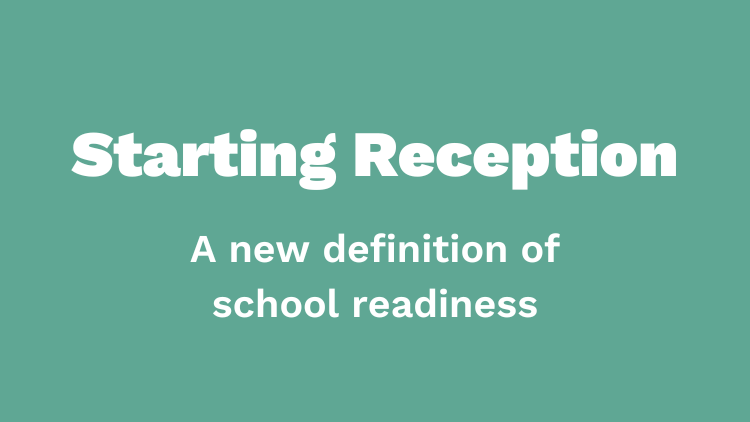The term “nursery” is often used to cover a wide range of group settings for early years childcare. There are differences between settings, in terms of the services they provide, but all nursery settings offer professional, registered childcare for children under 5.
Nursery schools, maintained nurseries and pre-schools tend to cater for children aged between 3 and 5, offering early education in the couple of years before they begin “big school”. Many of these settings are purpose-built and are sometimes part of the larger school building.
Day nurseries tend to provide childcare for children from the ages of six weeks to 5 years. Opening hours vary but an average day nursery is likely to open between 7am and 8am to accommodate working parents and close between 6pm and 7pm. This means that nursery staff will often work shifts.
Nursery schools and day nurseries can be run by private businesses, local authorities, voluntary or community groups, schools, colleges or employers. Settings can range in size from the very small with just 15 or so children in the nursery to large, with up to 150 children in the setting.
In England, nurseries work within the Early Years Foundation Stage (EYFS) Framework. In Wales, nurseries work to CIW’s requirements and the Curriculum for funded non-maintained nursery settings.
Pre-schools offer care and education to children aged 2 to 5 years, with sessions lasting from two to four hours. These operate during term time, tend to be smaller settings and may have morning and afternoon sessions.
Nurseries tend to be organised around the ages of children and will often be split into rooms for different aged children. Each room will have a lead staff member, and the staff team will tend to remain with the same children.




